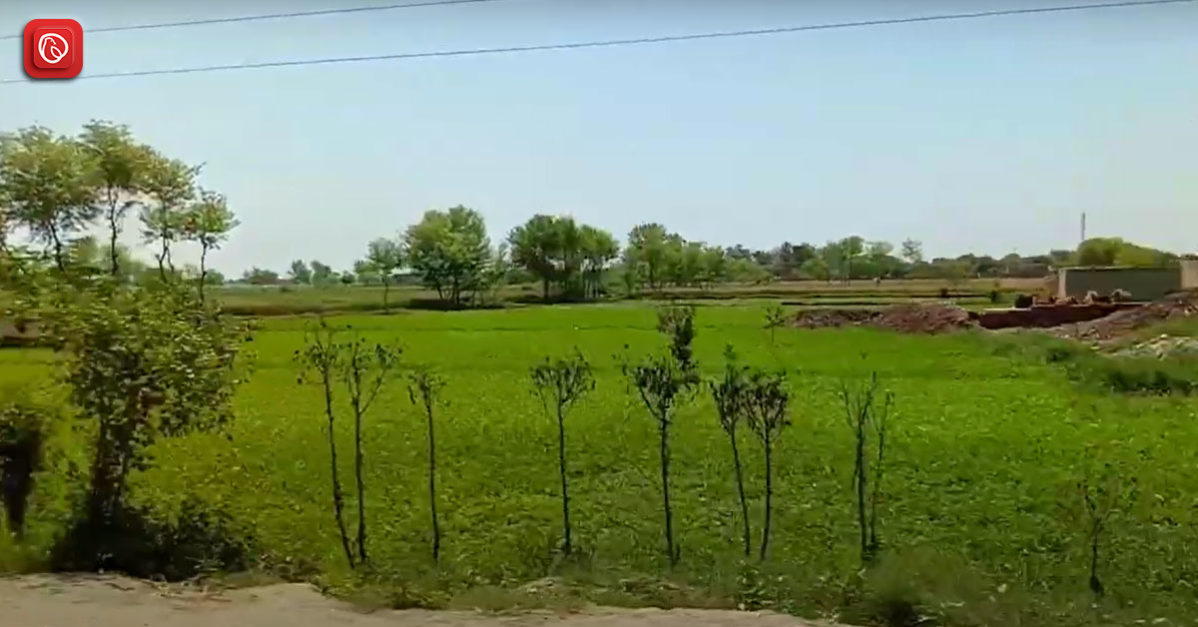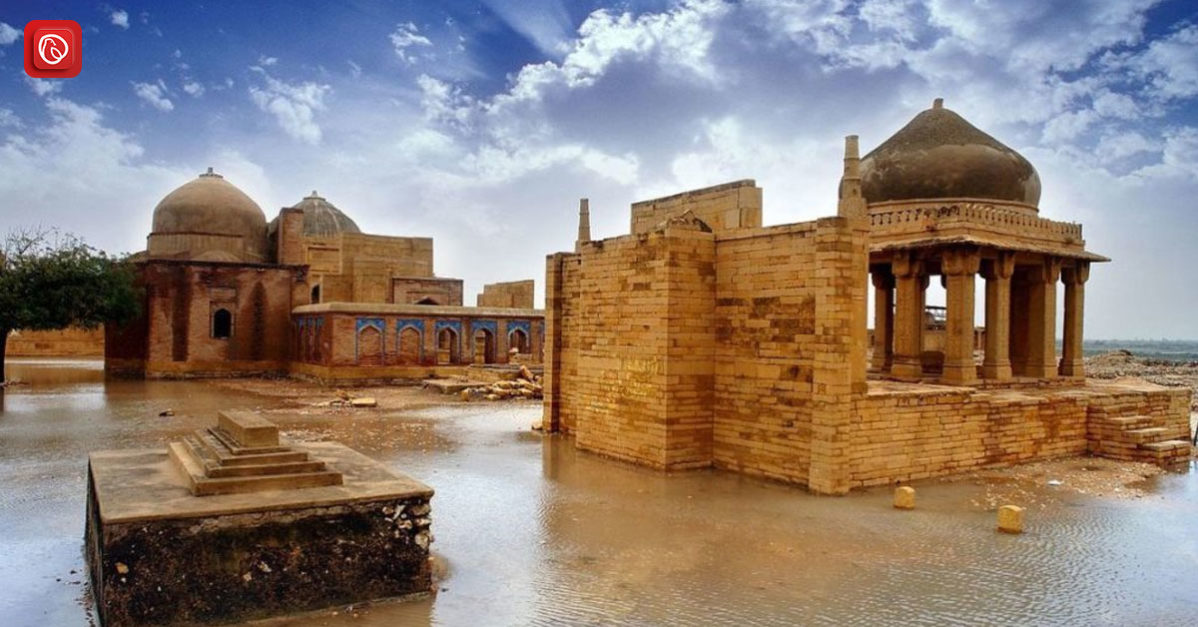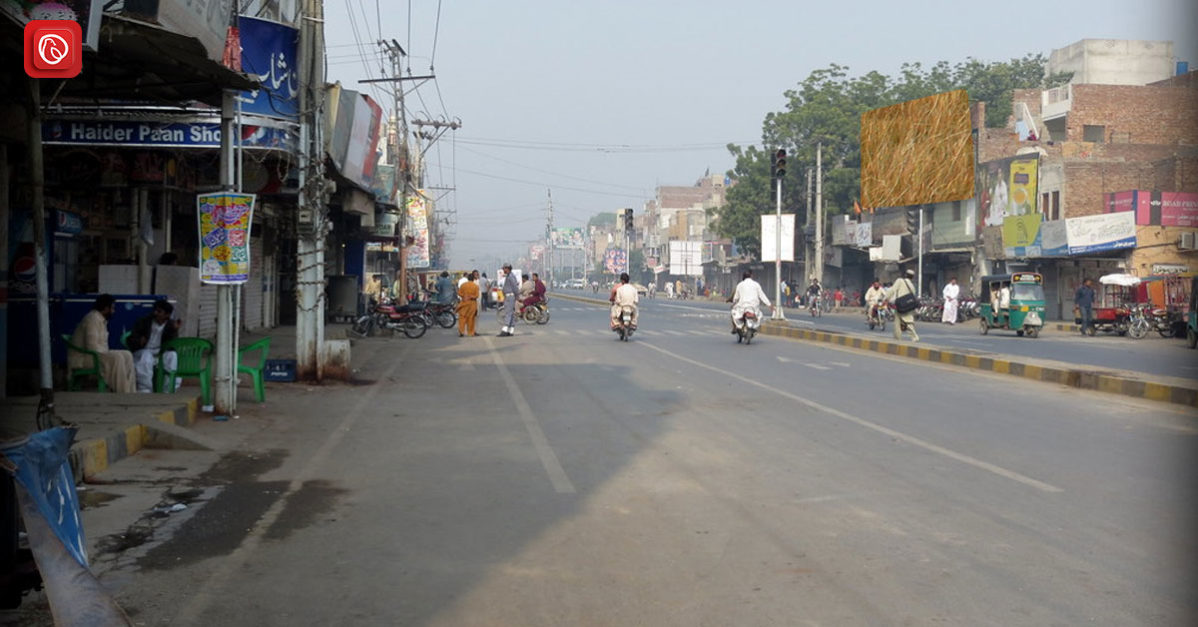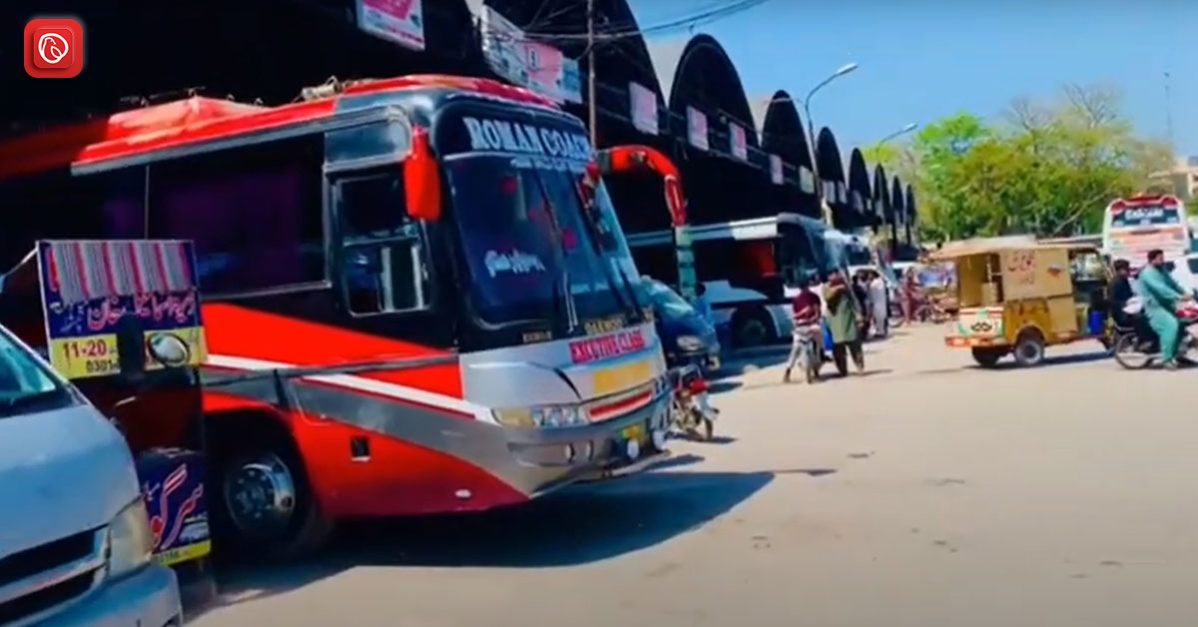Faridkot is a small but historically significant town located in the Depalpur tehsil of Okara district in Punjab, Pakistan. Situated amidst the rich agricultural lands of central Punjab, Faridkot’s charm lies in its rural simplicity, cultural heritage, and strong agricultural foundation.
Though not as widely known as some of the larger cities in the district, Faridkot carries its own unique identity that reflects both its historical roots and contemporary development. In this blog, Graana.com will explore about this rich agriculure land, town, people and much more.
Historical Background
The history of Faridkot can be traced back several centuries. Like many towns in the region, it has a name associated with spiritual and historical figures. It is believed that Faridkot owes its name to the great Sufi saint Hazrat Baba Fariduddin Ganjshakar (Baba Farid), a prominent figure in South Asian Sufism. His teachings and legacy continue to influence the area’s culture, with his followers revering the saint as a symbol of peace, humility, and devotion to God.
Over time, Faridkot has witnessed various socio-political changes, from the rise and fall of empires to its integration into modern Pakistan after the partition in 1947. Despite being a relatively small town, Faridkot’s role in the cultural and agricultural history of the region is significant.
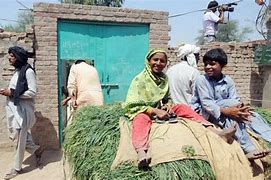
Geographical Location and Importance
Faridkot is strategically located in the fertile plains of central Punjab and is known for its agricultural productivity. Situated in the Depalpur tehsil of Okara district, the town benefits from being part of the district’s extensive irrigation network, supplied by the canals that stem from the Sutlej River. This network supports the town’s primary economic activity – agriculture.
The nearby town of Depalpur, one of the oldest and most significant towns in the Okara district, adds to the significance of Faridkot. The proximity of Depalpur connects Faridkot to more significant trade routes and markets, making it an essential stop for local farmers and traders.
Agriculture: The Lifeblood of Faridkot
Like much of the Okara district, Faridkot thrives on agriculture. The area’s fertile lands produce various crops that are essential to the local and national economy. Wheat, rice, sugarcane, and cotton are the staple crops, while fruits and vegetables such as oranges, guavas, and potatoes also flourish due to the favorable soil and climate conditions.
The agricultural output of Faridkot contributes significantly to the surrounding region. Local farmers rely on modern farming techniques and irrigation systems, many of which are part of the broader agricultural reforms in Punjab aimed at improving yields and sustainability. Cattle farming and dairy production are also common in Faridkot, with livestock playing an essential role in the town’s economy.
Culture and Traditions
The people of the area follow the Punjabi traditions, with the local culture reflecting a mix of rural simplicity and age-old customs. The primary language is Punjabi, but Urdu is widely spoken in formal or educational settings.
The lifestyle is chiefly agricultural-based. Harvest festivals such as Basant (celebrating the arrival of spring) and Vaisakhi (a harvest festival marking the end of the Rabi crop season) are widely celebrated enthusiastically. These festivals offer a glimpse into the local customs, where folk music, traditional dances like Bhangra, and rural games take centre stage.
Religion plays a significant role in shaping the local culture. The majority of the population in Faridkot is Muslim, following Sunni Islam. Still, there is also a rich history of Sufi practices, with shrines dedicated to local saints being focal points for community gatherings. Baba Farid’s spiritual teachings continue to influence the way of life in Faridkot, with local mosques and shrines acting as centres for religious activities and festivals.
Education and Healthcare
While Faridkot is a relatively small town, it has access to educational institutions that serve the local population. Primary and secondary schools are spread across the city, providing primary education to children. However, for higher education, residents often rely on the nearby larger towns, such as Depalpur or the Okara district’s urban centres.
In terms of healthcare, Faridkot has basic medical facilities to cater to the needs of its population. Small clinics and dispensaries provide primary healthcare services, but for more advanced treatments, residents typically travel to Depalpur or Okara City, where larger hospitals and healthcare centres are located.
Infrastructure and Development
Faridkot is a developing town that has seen improvements in infrastructure over the past few decades. The road network connecting Faridkot to surrounding towns and villages is steadily improving. It allows easier access to markets and essential services. The town’s reliance on agriculture necessitates a well-maintained infrastructure to transport goods to nearby towns, and the local government has been working on expanding the road network and improving irrigation systems.
Electricity and water supply are generally stable. However, some rural areas have challenges, as is common in many parts of rural Pakistan. The irrigation systems, in particular, are crucial for the survival of the agricultural sector in Faridkot. The continued investment in this area is critical to the town’s economic growth.
Nearby Towns and Attractions
Faridkot’s proximity to Depalpur, a town known for its historical significance, adds to its appeal. Depalpur has a rich history that dates back to the Mughal era, with historical sites such as the Depalpur Fort drawing visitors from around the region. Faridkot benefits from being close to these historical landmarks, as they attract tourists and pilgrims.
The natural beauty of the surrounding countryside also offers a peaceful retreat from the hustle and bustle of larger cities. The rural landscape, dotted with fields and small villages, provides a tranquil atmosphere where visitors can experience the traditional Punjabi lifestyle.
Challenges and Future Prospects
While Faridkot has a solid agricultural base, it faces several challenges that are typical of small rural towns in Pakistan. Limited access to advanced healthcare, education, and infrastructure hampers the town’s growth. Furthermore, the younger generation is increasingly moving to larger cities for better job opportunities. It could lead to a decline in the local workforce.
However, there are also growth opportunities. Investment in modern agricultural techniques, better irrigation, and infrastructure improvements could enhance Faridkot’s productivity. Additionally, tourism, which is related to its proximity to historical sites like Depalpur, offers potential for economic diversification.
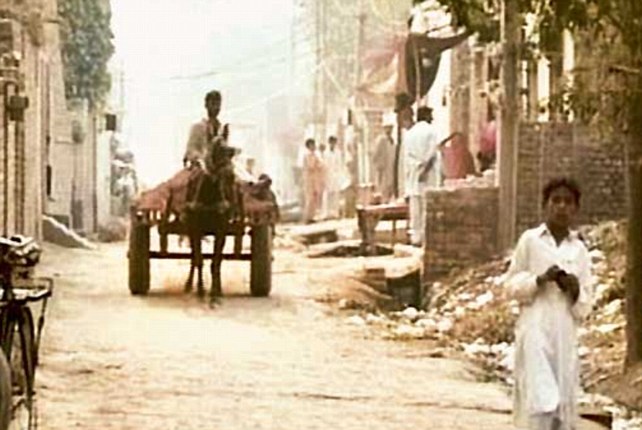
Conclusion
Faridkot, though a small town in Depalpur tehsil of Okara district, represents the heart of rural Punjab. Its rich agricultural landscape, deep-rooted cultural traditions, and historical significance offer a glimpse into the region’s traditional yet evolving lifestyle. With the right investments in infrastructure, education, and healthcare. Faridkot holds the potential to become a more prosperous and thriving community in the years to come.
Frequently Asked Questions
Related FAQs
1. Where is Faridkot located?
Faridkot is located in Depalpur tehsil, within the Okara district of Punjab, Pakistan. It is a small town situated in a predominantly agricultural region.
2. What is the main economic activity in Faridkot?
Agriculture is the main economic activity in Faridkot, with wheat, rice, sugarcane, and cotton being the primary crops. Dairy farming and livestock also contribute to the local economy.
3. What is the historical significance of Faridkot?
Faridkot is believed to have been named after the famous Sufi saint Hazrat Baba Fariduddin Ganjshakar. The teachings continue to influence the culture and spirituality of the area.
4. What does Faridkot face the main challenges?
The main challenges include limited access to advanced healthcare, education, and infrastructure. Moreover, the younger population migrates to larger cities in search of better opportunities.
5. How does Faridkot contribute to the regional economy?
Faridkot contributes to the regional economy through its agricultural production. Particularly crops like wheat, rice, and cotton, as well as their role in local trade.
Follow Graana blog for more details.
